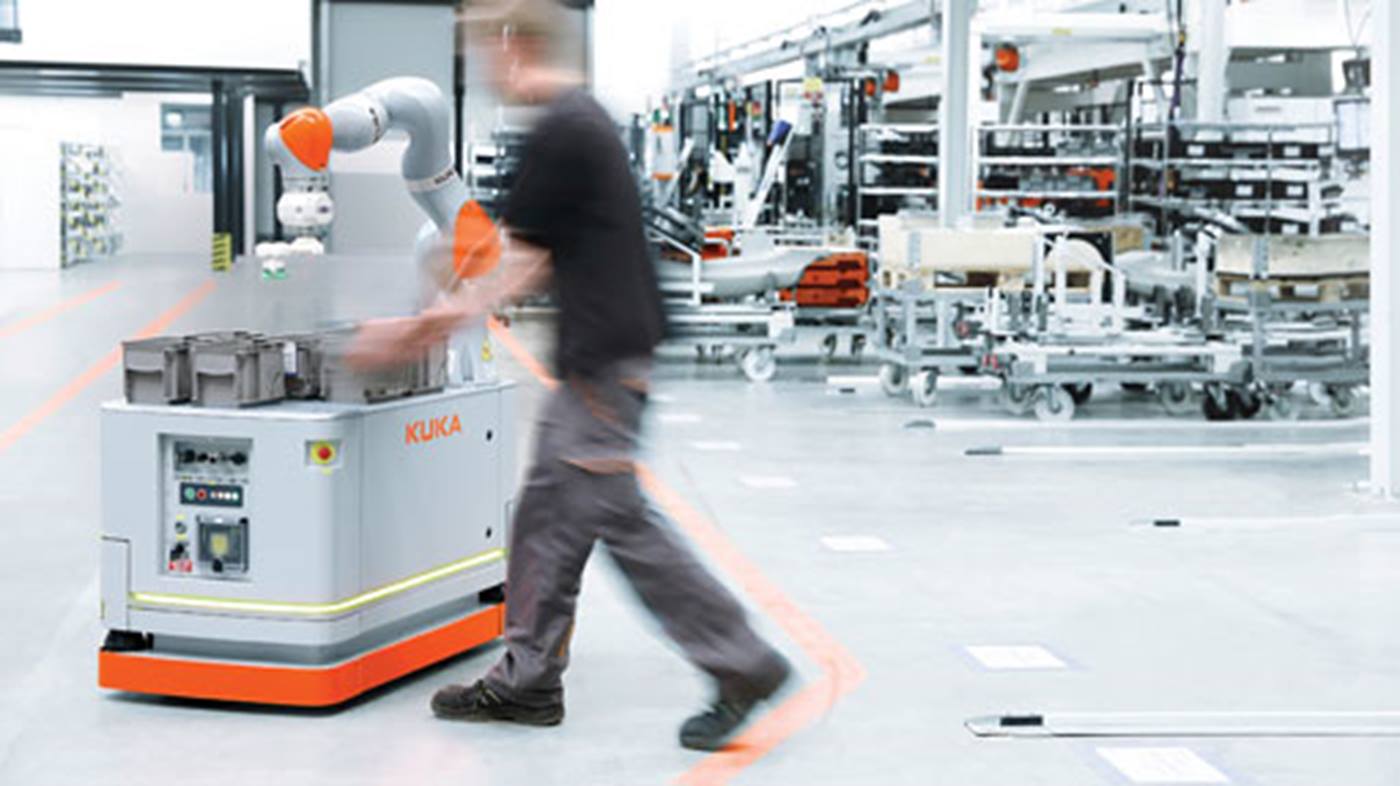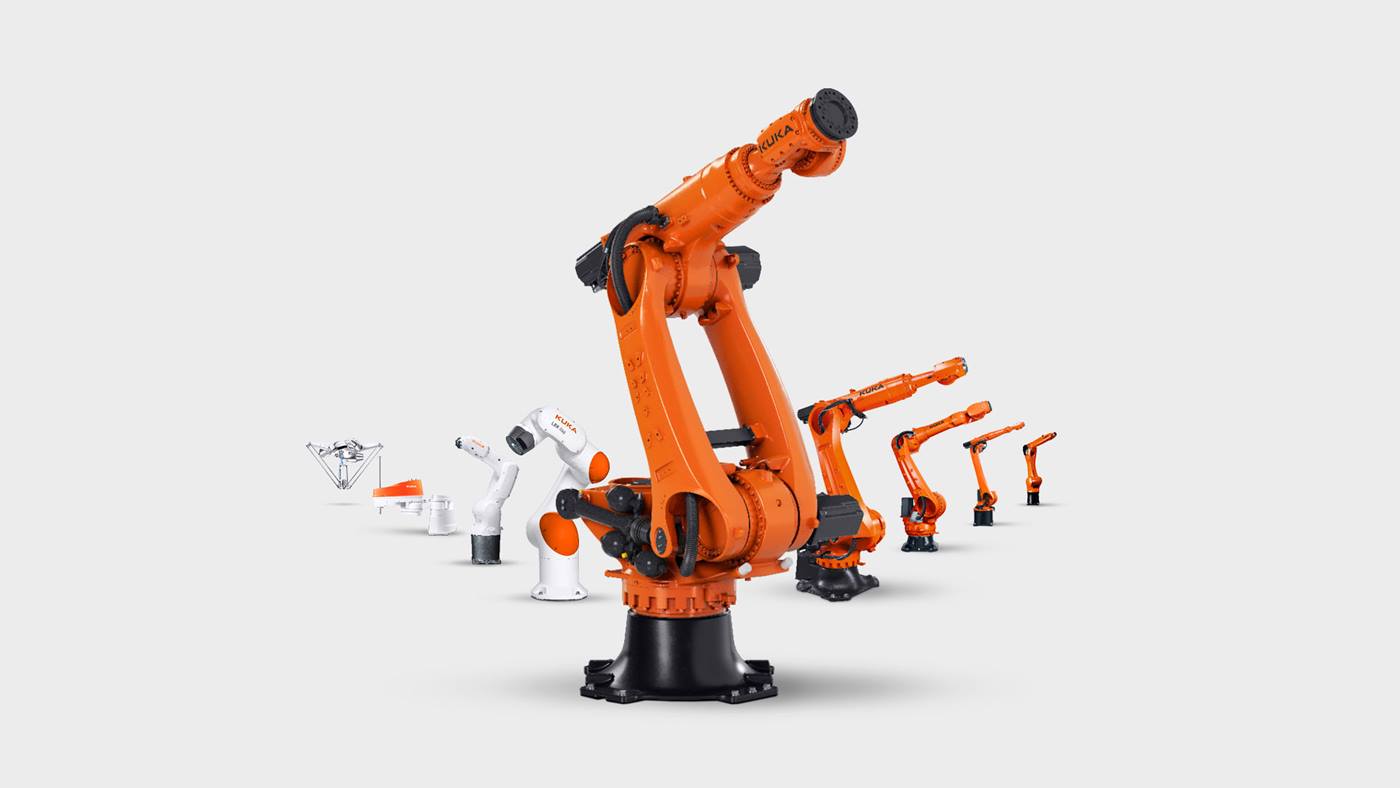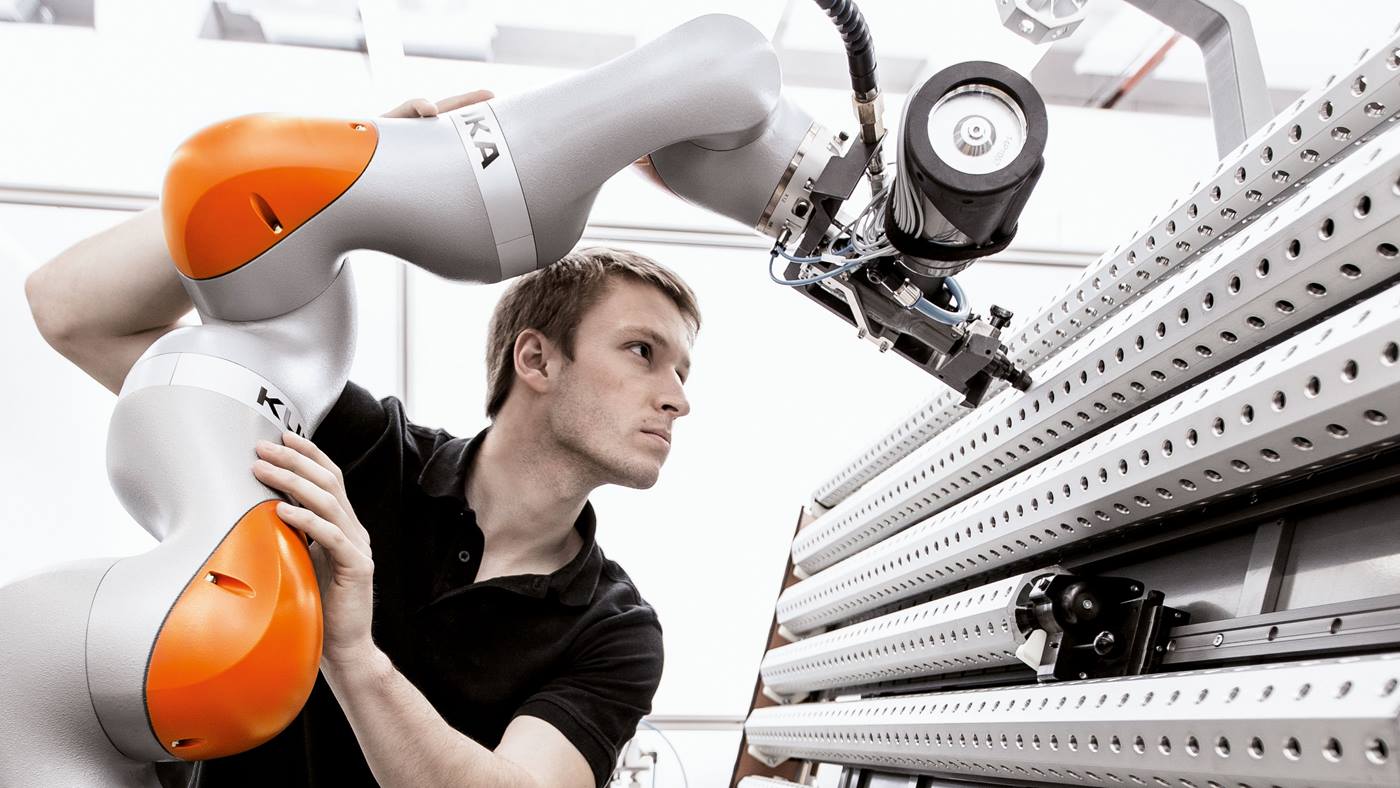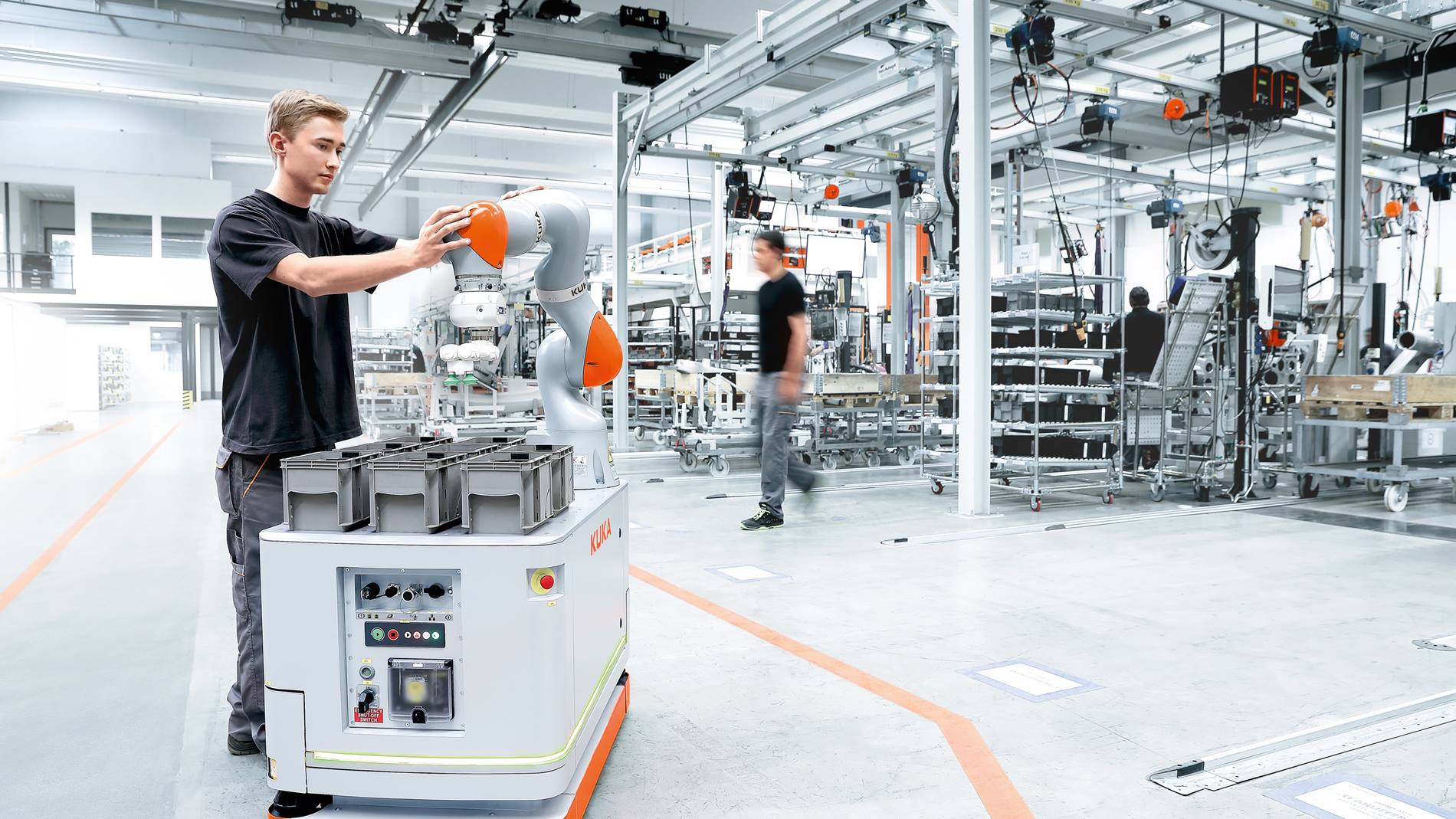
6 Stages of Human-Robot Collaboration
While the recent move towards collaborative robots has created a lot of excitement, there's more to adopting a "cobot" than meets the eye.
Thinking about purchasing a collaborative robot? While many are making the move, few realize that their application determines the level of collaboration with the operator and not the robot. Successful adoption depends on matching the right stage of Human-Robot Collaboration with your application. But how do you know which stage is right for you?
Stage 1 of HRC_Fixed Safety Fence
- Classic configuration where hard guarding separates the operator from the robot
- Eliminates contact
- Majority of robot applications
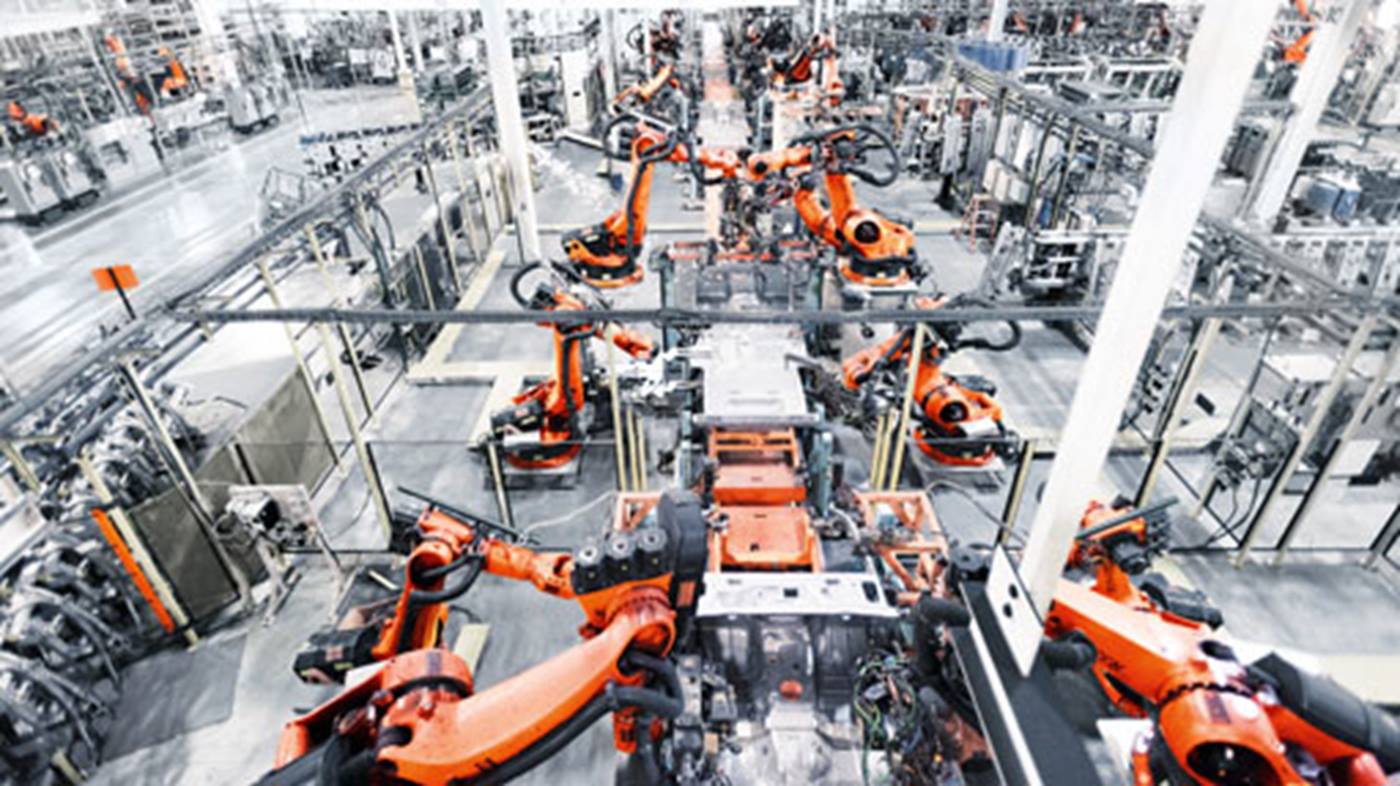
Stage 2 of HRC_Laser (Virtual Guarding) Separation for Occasionally Shared Workspace
- Occasionally shared workspace
- Example: Refilling components or changing out pallets
- Safety-rated monitored stop
- Power stays on, but contact only possible with a stationary robot
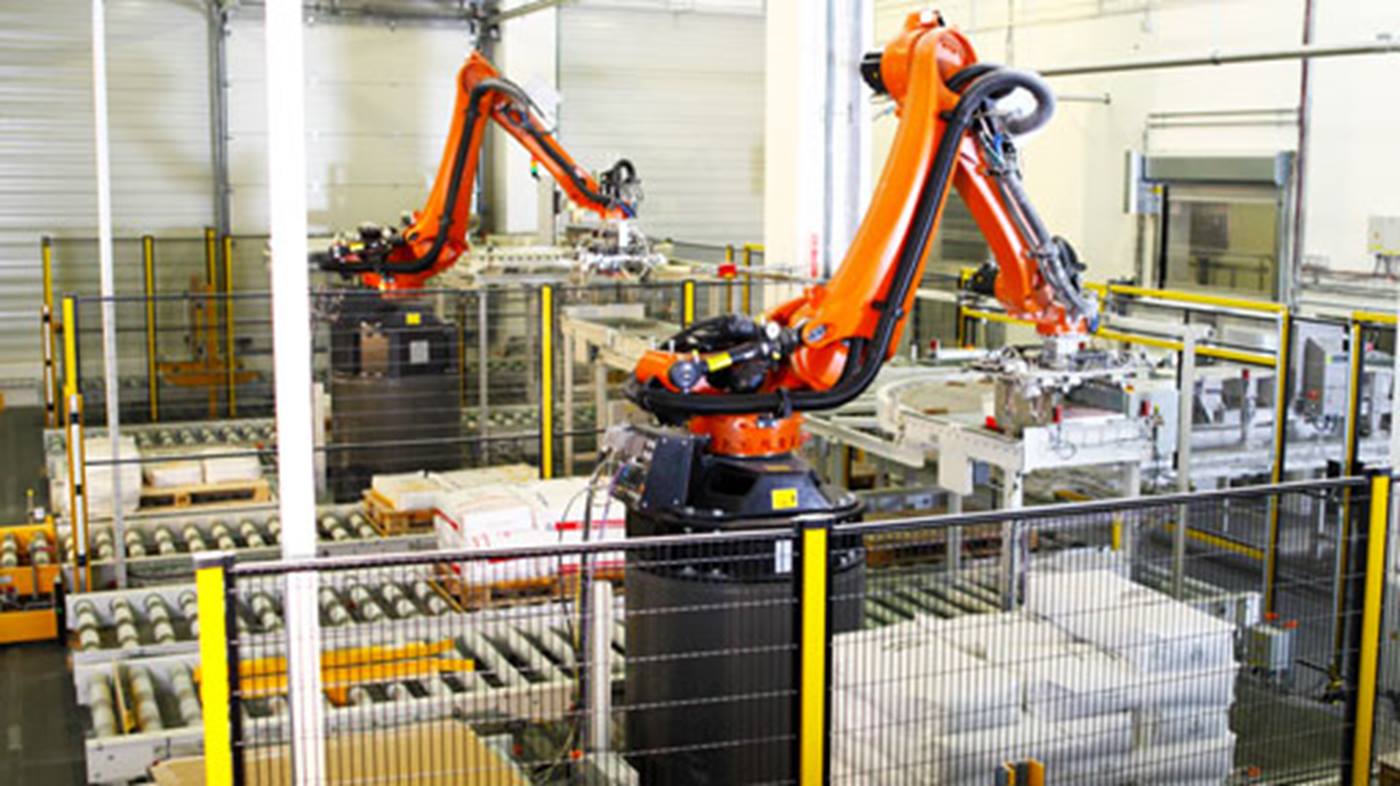
Stage 3 of HRC_Virtual Guarding Separation for Frequently Shared Workspace
- Intended shared workspace where intervention can be more frequent
- Example: Operator manually loads and unloads parts in the work cell
- Speed and separation monitoring where the robot slows more often
- Contact is only possible with a stationary robot
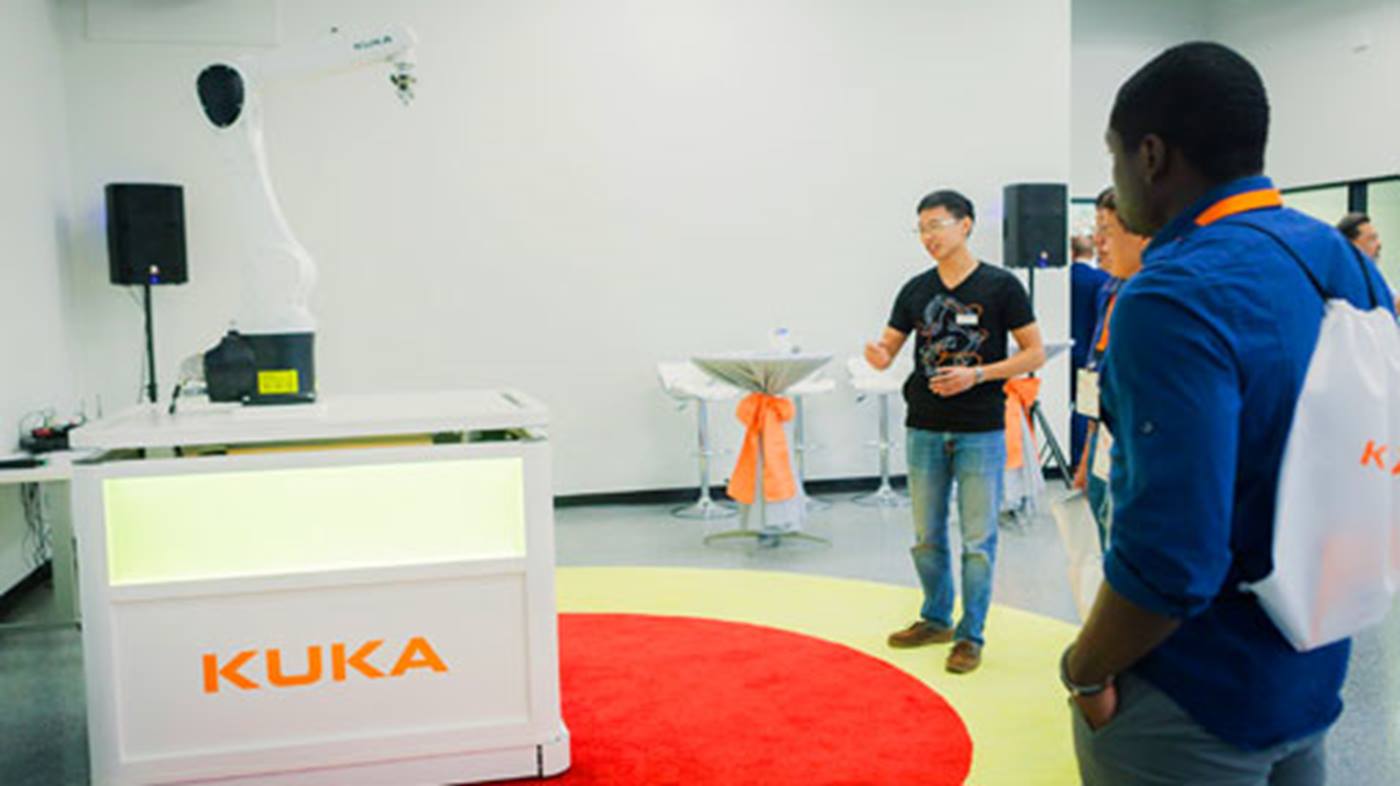
The emphasis has become too much on the robot and less on the application, when in fact, it is the reverse that’s true.
Stage 4 of HRC_Shared Workspace with No Laser - Virtual Barrier
- Robot and operator work next to each other, but not on the same part simultaneously
- Example: Assembly line
- Power and force limited robot that moves slowly and can be easily stopped on contact
- Contact is possible, but not desired
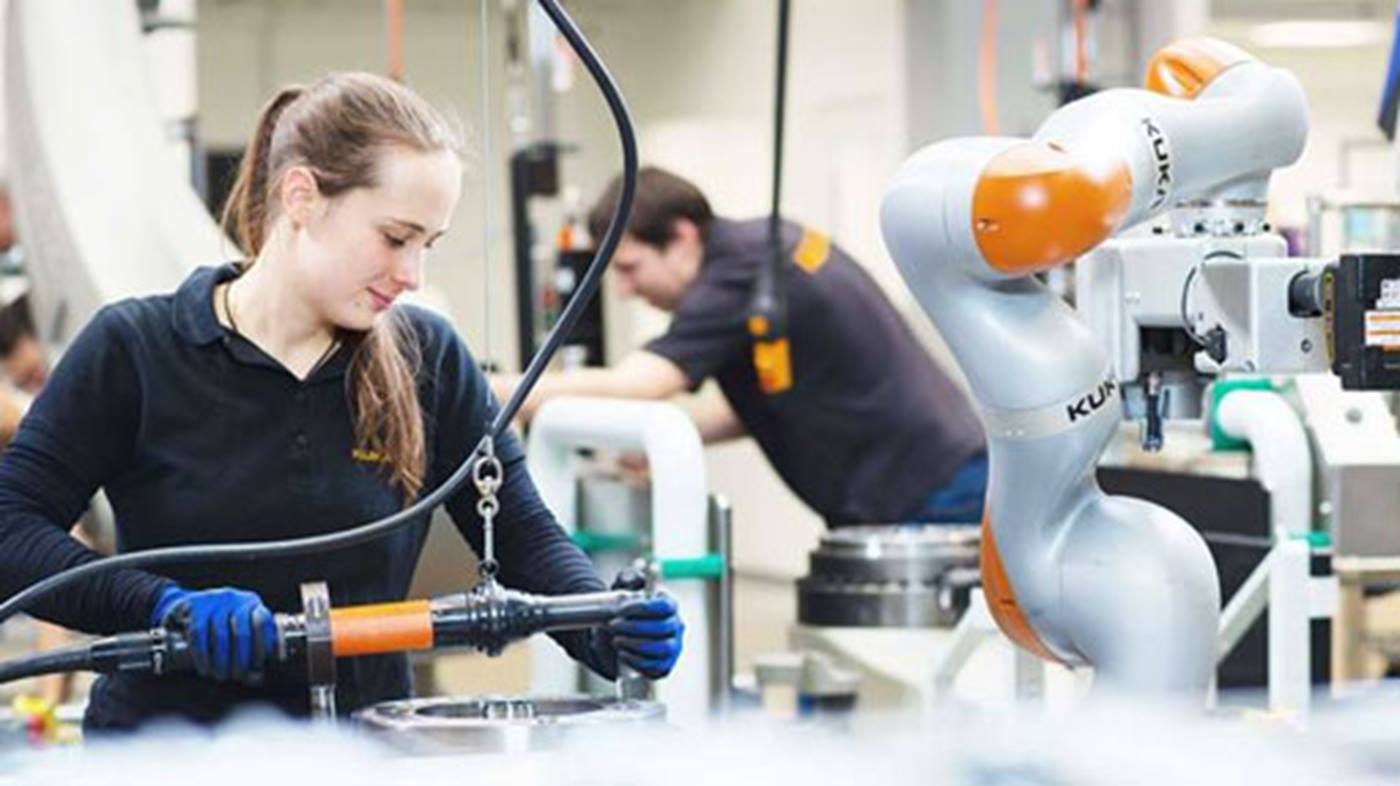
Stage 5 of HRC_Robot and Operator Must Work Together to Complete Process
- Robot and operator work on the same part simultaneously
- Power and force limited robot that moves slowly
- Contact is desired
- Example: Hand-guiding for assembly
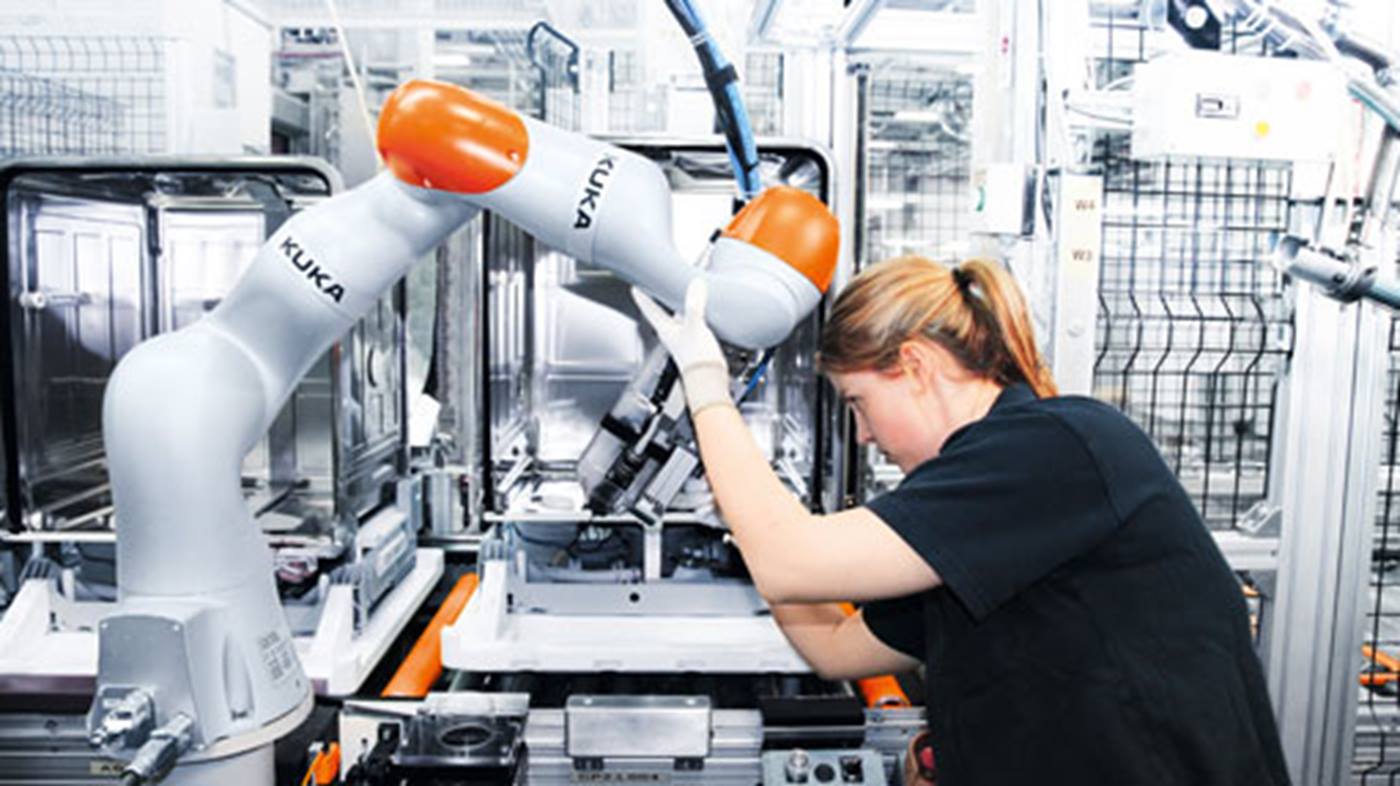
Stage 6 of HRC_Autonomous Collaborative Robot
- Shared workspace where robot and human may move simultaneously
- Contact possible, but not desired
- Frees collaboration from what is now considered a fixed event
- Robot is power and force limited and mobile platform has speed and separation monitoring
